Explore the world of balanced catalysts and discover how they contribute to greener, more efficient chemical processes across various industries.
Introduction
Catalysts are essential components in many chemical reactions, as they accelerate the reaction rate and reduce the energy required for the process. Balanced catalysts, in particular, have gained significant attention due to their ability to optimize chemical reactions further, leading to enhanced efficiency, selectivity, and sustainability. This article delves into the concept of balanced catalysts, their applications, and the advancements that are shaping their future.
Understanding Balanced Catalysts
Balanced catalysts are designed to maintain a delicate equilibrium between various reaction parameters, such as activity, selectivity, and stability. This balance ensures that the catalyst performs optimally, maximizing the desired product yield while minimizing waste and energy consumption. Balanced catalysts can be achieved through various strategies, including the careful selection of catalyst materials, the modification of their physical and chemical properties, and the optimization of reaction conditions.
Applications of Balanced Catalysts
The versatility of balanced catalysts has led to their widespread adoption across various industries. Some of the most prominent applications include:
-
Petrochemical: Balanced catalysts play a crucial role in the petrochemical industry, where they are used in processes such as hydrocracking, hydrodesulfurization, and reforming. By optimizing these reactions, balanced catalysts contribute to the efficient production of fuels and chemicals with reduced environmental impact.
-
Pharmaceuticals: In the pharmaceutical industry, balanced catalysts are employed to synthesize active pharmaceutical ingredients (APIs) and intermediates. The use of balanced catalysts in these processes ensures high selectivity, minimizing the formation of unwanted by-products and reducing waste generation.
-
Fine Chemicals: The production of fine chemicals, such as flavors, fragrances, and agrochemicals, also benefits from the use of balanced catalysts. These catalysts enable the selective synthesis of complex molecules, leading to improved product quality and reduced energy consumption.
-
Environmental: Balanced catalysts are used in various environmental applications, such as the treatment of exhaust gases and wastewater. By facilitating the efficient removal of pollutants, these catalysts contribute to cleaner and more sustainable industrial processes.
Advancements in Balanced Catalysts Technology
The field of balanced catalysts is continually evolving, with researchers and manufacturers constantly seeking to develop new and improved materials. Some of the latest advancements in balanced catalysts technology include:
-
Nanotechnology: The integration of nanotechnology in balanced catalysts has led to the creation of advanced materials with enhanced properties, such as increased surface area, improved stability, and better dispersion. These features contribute to more efficient and selective catalytic reactions.
-
Computational Design: The use of computational tools, such as density functional theory (DFT) and molecular dynamics simulations, has revolutionized the design of balanced catalysts. These techniques enable researchers to predict the behavior of catalysts under various reaction conditions, facilitating the development of more efficient and sustainable materials.
-
Biocatalysts: Biocatalysts, or enzymes, are a type of balanced catalyst that has gained significant attention due to their unique properties. These naturally occurring catalysts offer high selectivity, mild reaction conditions, and biodegradability, making them an attractive option for greener and more sustainable chemical processes.
The Future of Balanced Catalysts
As the demand for efficient, selective, and environmentally friendly chemical processes continues to grow, the market for balanced catalysts is expected to expand significantly. According to a recent study, the global catalysts market is projected to reach USD 34.2 billion by 2025, growing at a CAGR of 4.2% during the forecast period.
The future of balanced catalysts lies in the development of advanced materials that can address the evolving needs of various industries. Researchers are focusing on creating multifunctional catalysts that can perform multiple reactions simultaneously, leading to more streamlined and efficient processes. Additionally, the development of sustainable and eco-friendly balanced catalysts will continue to be a priority, as the world moves towards a greener and more environmentally conscious future.





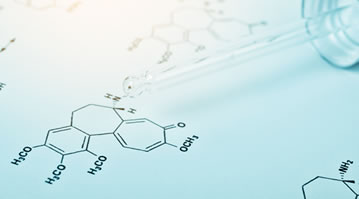




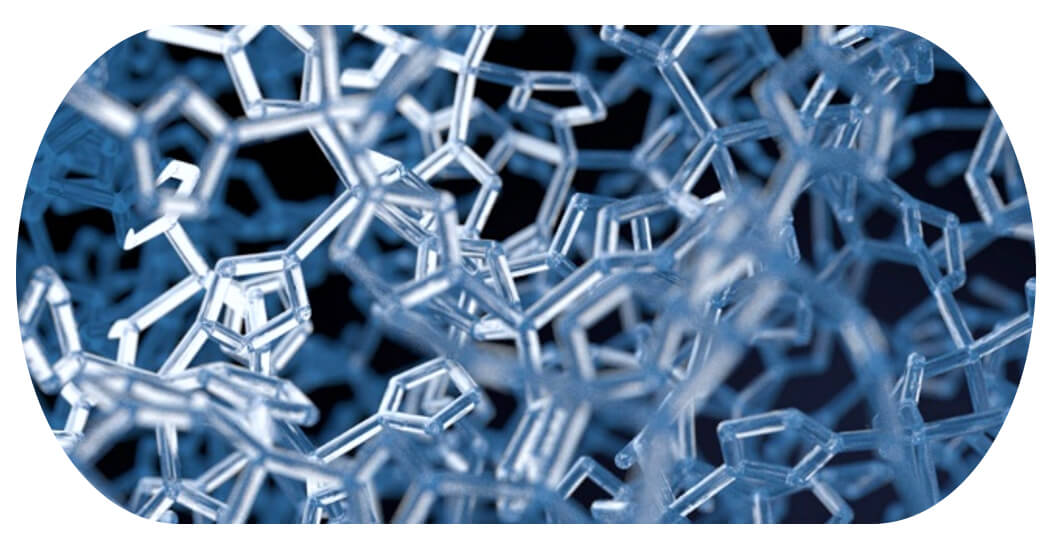
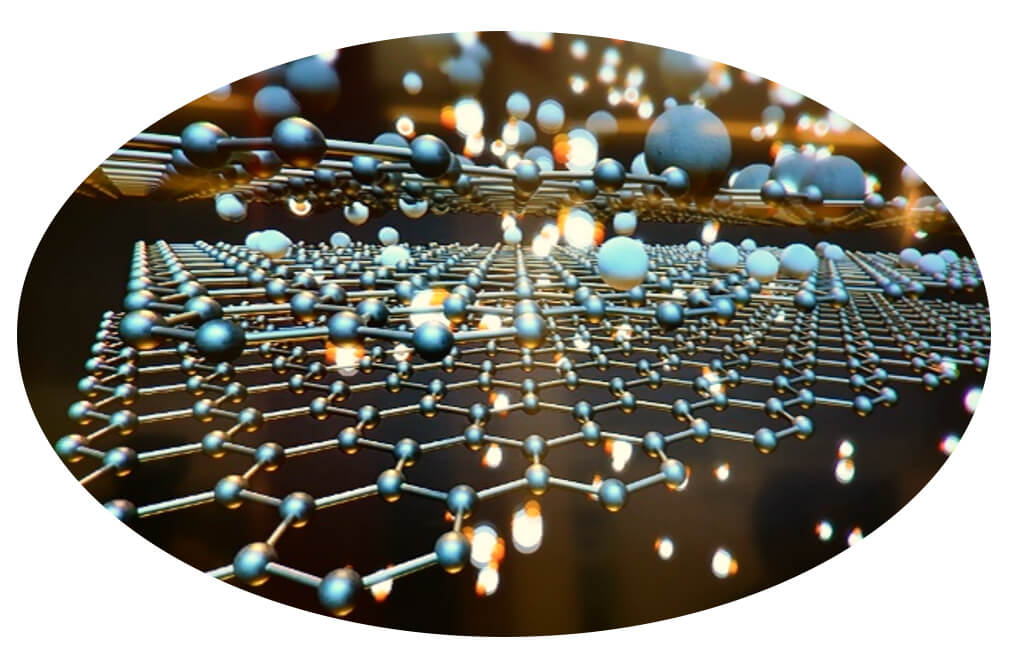


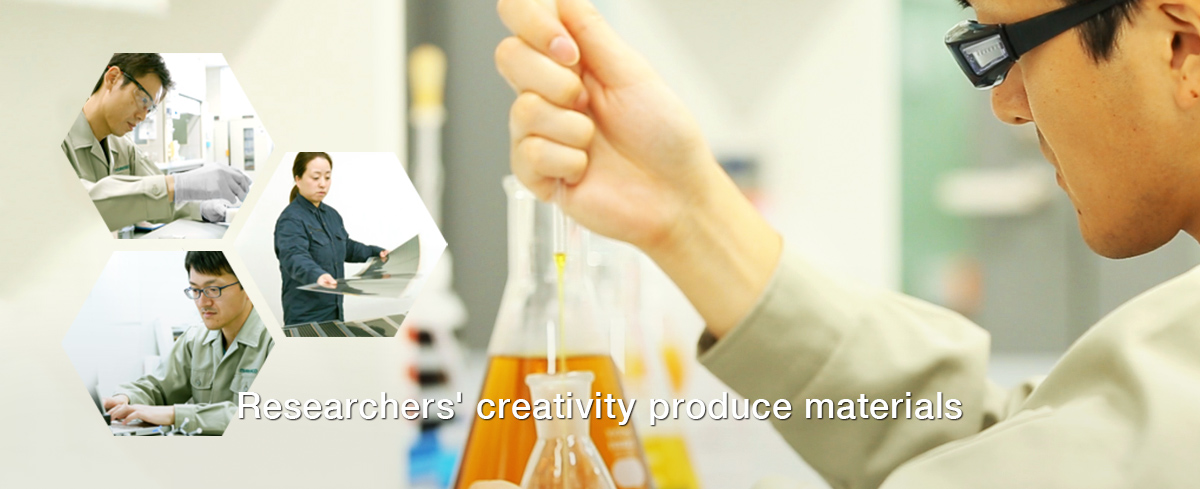





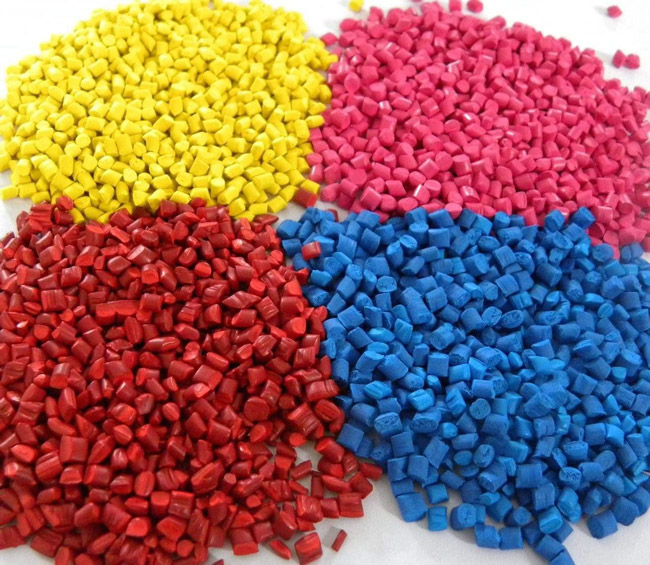

Comments